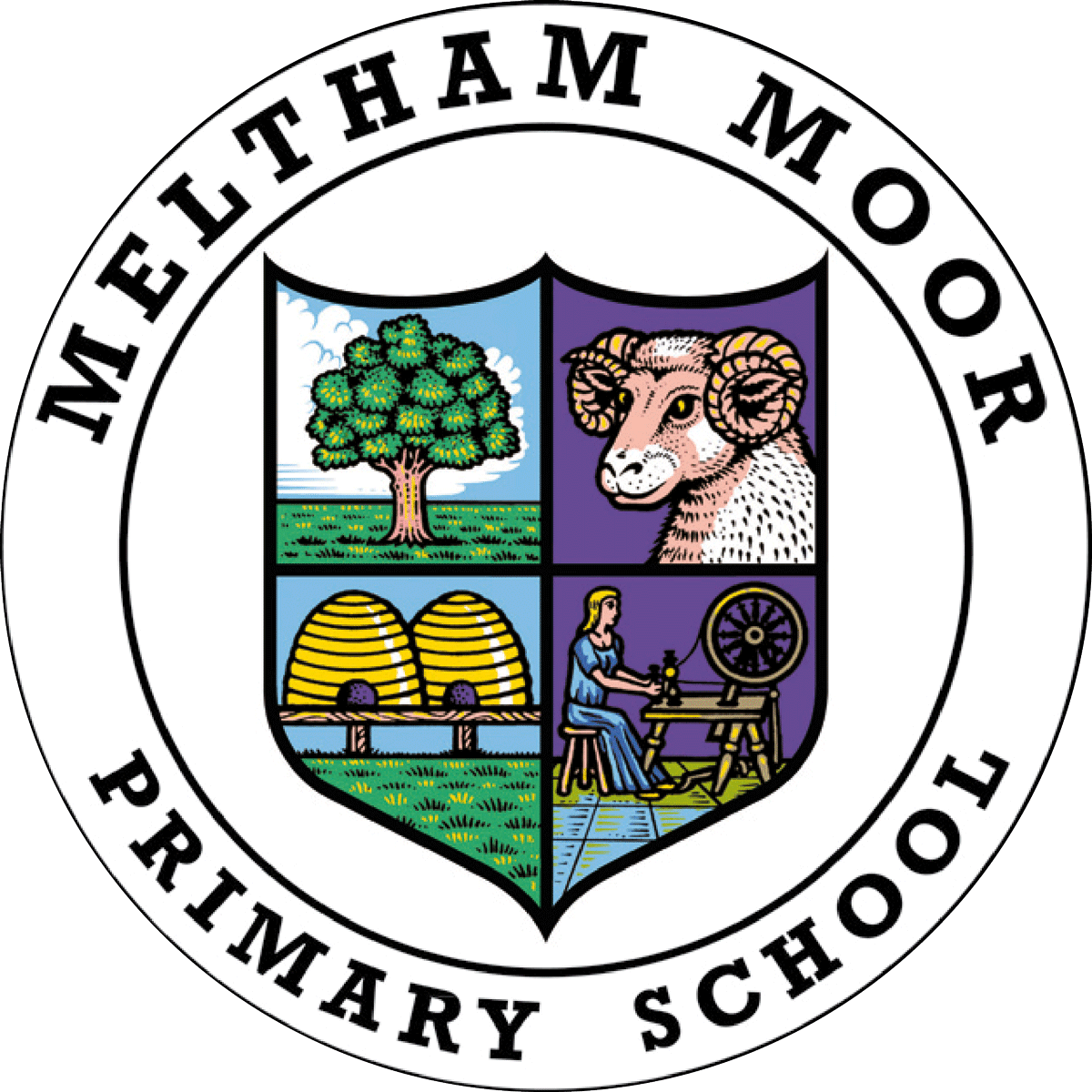Computing
Meltham Moor Primary School understands that ICT and computing are an integral part of the national curriculum and that ICT skills are important beyond the classroom.
We are determined to provide children with the essential computing skills to aid them in today’s modern lifestyle. Technology is everywhere and has a pivotal part within children’s lives. Within school, computers are a valuable resource, benefitting the way pupils learn and helping teachers maximise their role as educators. Therefore, we want to educate our pupils and model how to use technology positively and safely. Our curriculum is led by key concepts, terms and vocabulary providing opportunities to build a shared and consistent understanding.
-
Guided by the National Curriculum, and with the use of Purple Mash, the computing curriculum at Meltham Moor provides children with the opportunity to develop their experience and understanding of technology, work collaboratively, build resilience as well as learning how to be safe users of computing resources. We build upon children’s prior knowledge to develop the understanding of the following key concepts:
Computing systems and networks: (systems, networks and how they are used, the internet, hardware and software)
Programming: (interpreting, creating and evaluating algorithms, programming to accomplish specific goals, detecting and correcting errors)
Data and information: (collecting, analysing, evaluating, presenting data and information)
Creating media: (design and development, communicating and collaborating online, evaluating online content, respectful and responsible communication, presenting, creating content)
Online safety: (protecting themselves and others from online harms and risks and understanding what to do if they feel unsafe)
Pupils will explore the three areas of the computing curriculum: computer science, information technology and digital literacy. Computer Science introduces computational thinking, where children identify problems and work out a way a computer might be able to help solve it. This includes the opportunity for all children to learn computer programming, from simple programmable toys in EYFS to decoding, programming and debugging complex codes in Year 6. This starts in EYFS where the children begin to use digital equipment safely, this includes interactive whiteboards, iPads, computers and Bee-Bots. Computing at Meltham Moor also helps the children become digitally literate; preparing them for the digital world we now live in. This includes focussed online safety resources, ‘Jessie & Friends by CEOP and ‘My First Mobile’ by the Kirklees Safeguarding Children Board.
Children from Year 1 upwards have a weekly slot dedicated to computing. Teachers carry out formative assessments and provide verbal feedback within the lesson. Towards the end of a unit, children’s work is assessed through Purple Mash against National curriculum objectives to monitor and track pupil progress and analyse gaps in computing concepts. Within EYFS, the children have access to ipads, programmable toys and computers within provision. The safe use of technology is embedded within the EYFS curriculum and digital equipment is used cross curricular. Teaching staff across school are encouraged to extend children’s learning outside of computing lessons, and embed the key concepts in their planning wherever appropriate.
-
By the time our children leave Meltham Moor, our children will be responsible, competent, confident and creative users of information and communication technology and will recognise the importance of e-safety not only at school but at home too. They will be aware of online safety issues and understand how to keep themselves safe off and online. The children will have skills that they can utilise and apply in all areas of the curriculum and will continue to build on these skills to help them thrive in the modern world.
By the end of Year 6, pupils will:
Understand how to use algorithms to solve problems
Be able to use a computer programme to write code to perform a task
Be able to use mathematical and logical concepts to solve problems
Understand different networks and how they communicate
Understand how to work safely and responsibly online, how to recognise and report security issues and concerns
Be able to explain the different hardware in computers and how they work together
Be able to evaluate real world issues by using personal experiences and real life examples.
Key information
COMPUTING VOCABULARY


